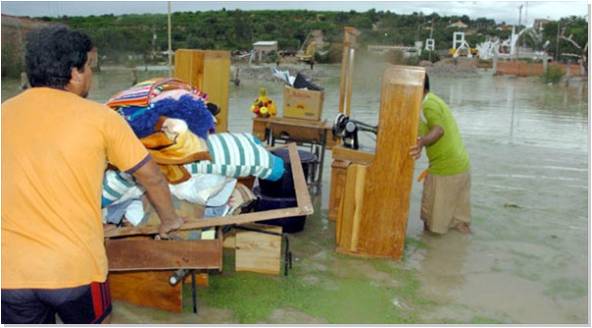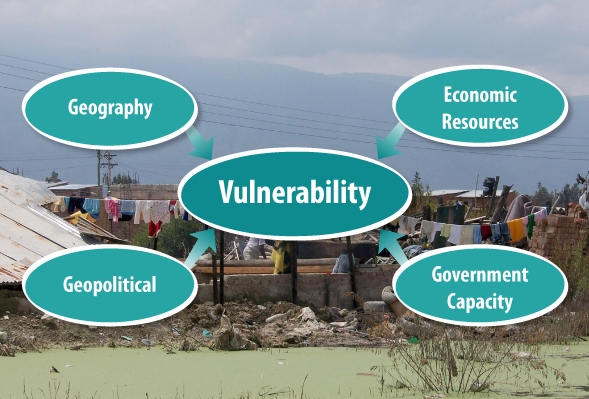
Situated in the centre of the South American continent, Bolivia has a geography that combines high mountain regions in the Andes with large areas of the Amazon rainforest. Not so long ago experts would describe it as a ‘front line’ country for the impacts of global climate change.
But the changes that communities there have been feeling for some time are now beginning to affect us all. However, unlike some richer nations, Bolivia and countries like it are among the least equipped to adapt to these changes- their geographical vulnerability compounded by high levels of economic and social vulnerability.
The Democracy Center, a research and advocacy NGO with a long history of transmitting Bolivian experiences to a global audience, has just launched an online multimedia resource for educators focusing on the impacts of climate change on Bolivia’s water. The core material is to be found on the microsite ‘Why Climate Change is About…Water‘.
Based on original fieldwork by Democracy Center staff, the resource lifts up the voices of affected communities in Bolivia and attempts to build bridges of understanding between the realities on the ground in a global South country and the often-abstract debates about climate change in the global North.

The microsite is accompanied by a teaching and activities guide containing lots of ideas for exploring the materials in both formal and non-formal settings. The guide follows the same chapter sequence as the microsite, and includes discussion points and activities for each section – such as mapping local water resources, devising an adaptation plan, or using theatre and other creative tools to raise awareness.
Although people in Ireland are beginning to experience increased incidents of extreme weather events – the floods this winter across Ireland and the UK being a prime example – impacts in Bolivia have been much more severe. Unusually severe floods there earlier this year killed over 60 people and affected the homes and livelihoods of 60,000 more. Meanwhile glaciers relied on for fresh water supplies are melting, and dry seasons are less predictable than before, thereby affecting food production. All of this in one of the poorest countries in Latin America, where adaptation and disaster response capabilities are severely limited.
These resources help students and teachers to explore the complex theme of vulnerability by looking at the range of social, economic and political factors that determine levels of vulnerability beyond just climate and geography. They help students understand the key relationship between vulnerability, climate impacts, and migration patterns.
For young people in Ireland, understanding the different ways in which climate change is already taking its toll in other parts of the world, and beginning to see climate change through the lens of vulnerability and capacity to adapt, will hopefully give them valuable tools to help them to respond critically and creatively to the defining global issue of their generation.
By focusing on one country, and by looking at the impacts on one of the most basic element of life -water – educators will be able to cut through the politics and the often-obscure climate science and bring climate change to life for learners.

Our ‘climate classroom and gallery’ allows groups to post their completed projects, essays, videos etc. on the site. The Democracy Center is also keen to help facilitate connections between groups using the resource in different parts of the world.
The structure of the site, the teaching guide and the potential connections to be made locally and internationally aim at a dynamic learning experience designed to motivate and inspire students to become active global citizens.
For more information visit https://climatechange.democracyctr.org or email maddy@democracyctr.org
Click here for a short annotation in the resource catalogue on the content and educational support materials for Climate Change is About…Water on DevelopmentEducation.ie
